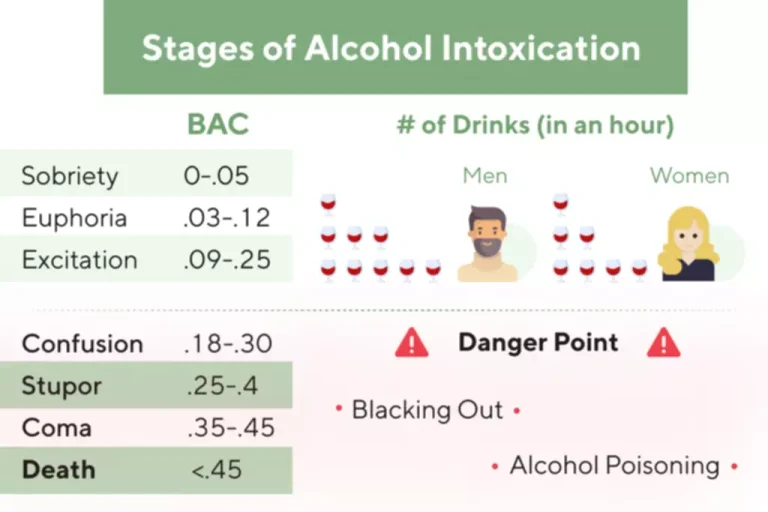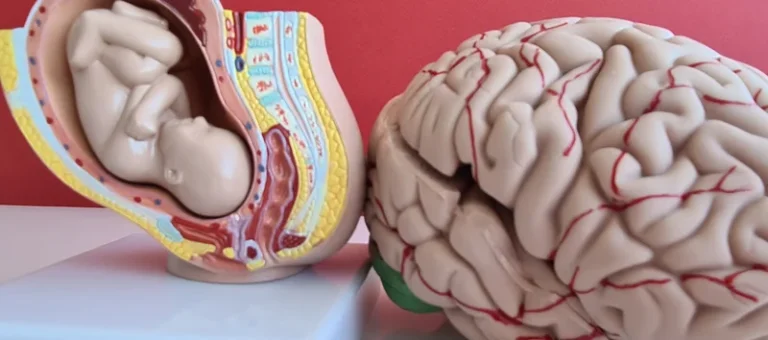Fetal alcohol syndrome: Symptoms and causes

Even if it is true that a glass of wine is not harmful and perhaps even beneficial to the mother, it is extremely dangerous for a fetus. There is no evidence that any level of alcohol is safe for the developing fetus. Yes, you or your friends may get lucky and have completely healthy kids even if you drank one or two glasses of wine during your pregnancy. But is it worth risking the health of a future baby? Fetal alcohol syndrome, which some might call alcoholic fetal syndrome, is the most severe diagnosis in the fetal alcohol spectrum disorders group.
Causes
As was mentioned above, alcohol is the root of this condition. It is not a genetic disorder, so it can be prevented. Fetal alcohol syndrome (FAS) arises because alcohol enters the bloodstream of the woman and like other food and drink, it crosses the placenta and affects the baby. In addition, it can cross the fetal blood-brain barrier. When that happens, it can cause toxicity in a fetus. Since the fetus metabolizes this substance slower than adults, there is a higher blood alcohol content in the developing baby, so the baby remains intoxicated for much longer.
A sad fact is that fetal alcohol syndrome is now as common as autism, which means that mothers continue to drink despite being told that it leads to negative consequences. Before, doctors told women not to drink alcohol when carrying a baby because they do not know how little alcohol will trigger fetal alcohol problems. Now, they know that it is not just the entire amount of alcohol, but it is also when in pregnancy it is taken. Any negative consequences are not reversible.


Take back control of your life and start on the road to recovery now.
Symptoms
As always, everyone is going to have a different experience with this syndrome and their symptoms will vary, but the most common are:
- Distinctive appearance
Someone with FAS usually has specific features described in the illustration below. Short height and low body weight are other symptoms.
- Deformities in the limbs
An individual with this syndrome can have fingers that are shorter than others. They might not have a full arm because when someone is developing in the womb, we need all of the nutrients, we need all of the good things that a mother can give us, so we can develop properly and that we are given the time to develop. However, alcohol consumption greatly hinders that.
- Vision or hearing impairments
Again, this happens just because the fetus did not have all that is needed while it was developing. A lot of people with FAS will struggle to hear in noisy rooms or may have a really bad vision and need either corrective surgery or have really thick glasses or contacts as a way to combat that.
- Organ defects
If alcohol enters the mother’s body , that is going to affect all fetus development, from limbs of our body and bodily development as well as our brain development. Heart defects and kidney disorders are other consequences of alcohol effects on the baby before his or her birth.
- Hyperactivity and jitteriness
Alcohol use, even in small amounts, can cause behavioral issues. Due to this symptom, a lot of children who have FAS are actually misdiagnosed with ADHD because it is really difficult for them to sit still. It also means that they will struggle in school.
- Cognitive issues
These can include issues with memorization and information processing, difficulty with reasoning and problem-solving, learning disorders, poor coordination and balance and many others. They do say that getting a child at a young age into a team sport or similar activity can help them improve their coordination and balance slightly and feel more confident playing with other children.
- Lack of impulse control
It is really difficult for those who are diagnosed with FAS because they struggle with impulse control and have trouble identifying the consequences of their actions. It can lead them to lashing out at friends and doing something wrong unintentionally. Then, they feel worse about themselves, but they are legitimately are not able to control it. FAS diagnosed individuals often have trouble getting along with others and have poor social skills.
Understanding this will be very beneficial to a relationship with a FAS diagnosed individual – not only will they feel validated, heard, and understood, but you can better understand where they are coming from and it has nothing to do with you and it is them trying to work through their struggles with FASD.

Diagnosis and Treatment
Diagnosing the condition requires expertise and experience working with FAS individuals as well as a thorough assessment. This is an important factor because often individuals are misdiagnosed. Yet, the earlier the diagnosis, the more can be done to make the outcome better. During a visit to the doctor, he or she will look for all the symptoms mentioned above and monitor the changes in physical, behavioral and cognitive areas as the child grows. Mother’s alcohol use when carrying the baby will also be discussed.
It should be brought to your attention that fetal alcohol effects symptoms are very similar to FAS. However, it is a softer diagnosis in comparison to FAS because the child or adult was exposed to alcohol before birth, but is only experiencing some signs of FAS and does not meet all of the specified criteria to be given the fetal alcohol syndrome diagnosis.
Unfortunately, no cure exists for this syndrome. All the sad syndromes will persist for a lifetime. However, early interventions may help reduce some of them and can significantly improve the affected child’s life and development. This may include:
- Talking and walking training
- Behavioral training
- Social skills training
- Educational interventions
- Medications and other medical therapies
- Parent training.




